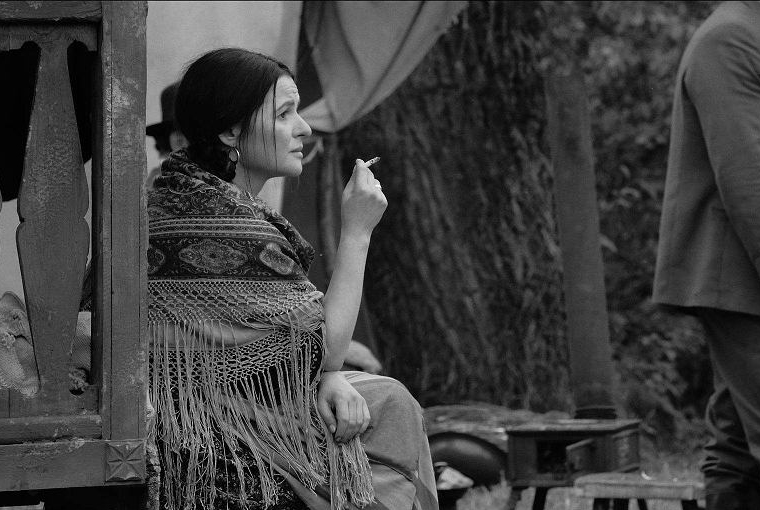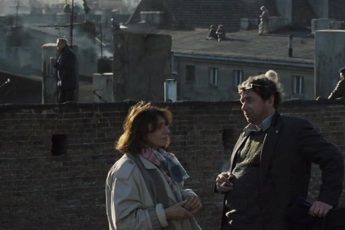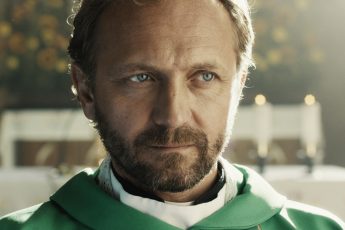
In, 2014 EEFB will pay special attention to Poland’s cinematic landscape. After travelling to Romania (2011), the Balkan region (2012) and Hungary (2013) in the first three years of our journal’s existence, Poland is the first country in our focus with a relatively stable state funding system for film. The same continuity applies to Poland’s political system, although both realms also reveal qualitative inconsistencies.
Indeed, except for popular conspiracy theories surrounding the plane crash near Smolensk (Russia) in 2010, the Polish political landscape looks presentable compared to Balkan, Hungarian or Romanian politics (in fact, it’s difficult to put these three realms in non-alphabetical order). Donald Tusk, the current prime minister, was said to have good chances of becoming next president of the European Commission before he ruled himself out of a candidature last June. Still, as the economy has begun to slow down after dealing with the financial crisis relatively good, the popularity of Tusk’s Civic Platform (PO) inside Poland has been fading. That people now seem to be turning to PiS, rhetorically a conservative party which commits to traditional values but wants more government spending than PO, is partly due to the fact that in Poland’s political landscape, everyone is a little more pro-state (think about the degree of agricultural subsidization) than their political affiliation may suggest (except for the pseudo-liberal New Right, which does want less state in the economy but also tends to sound like Geert Wilders). The problem, it seems, is that the subtext of large areas of social life is still dominated by populism, traditional values and an emotion-loaded examination of the past. Hence even economically leftist parties keep faithful to the church and national sentiments to gather votes (which is partly due to the popularity of traditional values, and partly due to the equally disturbing, irrational unpopularity of the “leftist” tag). You haven’t realised that? Well, Polish reality is a little less progressive than the movies may suggest. However, a bigger problem for Polish cinema at the moment is the lack of both unique auteurs and schools/waves. While the work of senior helmers like Roman Polanski and Jerzy Skolimowski is still worth following, it’s hardly constitutive of what one would refer to as “Polish cinema in the 21st century,” a term that encompasses ambitious films by filmmakers who often burden themselves with emotional and ethical clichés.
We start out our coverage on a more positive note, though: Moritz Pfeifer observes a cautious rejection of this pattern in the work of Małgorzata Szumowska, while Patricia Bass lauds shorts by Tomek Jeziorski and Karol Starnawski, two young filmmakers from Poland. Konstanty Kuzma searches for answers about the right future for Polish film in Escape from Liberty Cinema, a Wojciech Marczewski feature from 1990. Finally, Julia Zelman saw Papusza by Joanna Kos-Krauze and Krzysztof Krauze, a film which depicts the life of a female Romani poet. Zelman also met Kos-Krauze for an interview at the Cottbus Film Festival.
Polish films that we’ve discussed in the past include Elles by Małgorzata Szumowska, Essential Killing by Jerzy Skolimowski, In Darkness by Agnieszka Holland, Knife in the Water by Roman Polanski (I, II), The Mill and the Cross by Lech Majewski and Osiemnastka by Marta Prus.
Konstanty Kuzma & Moritz Pfeifer
Editors




Leave a Comment